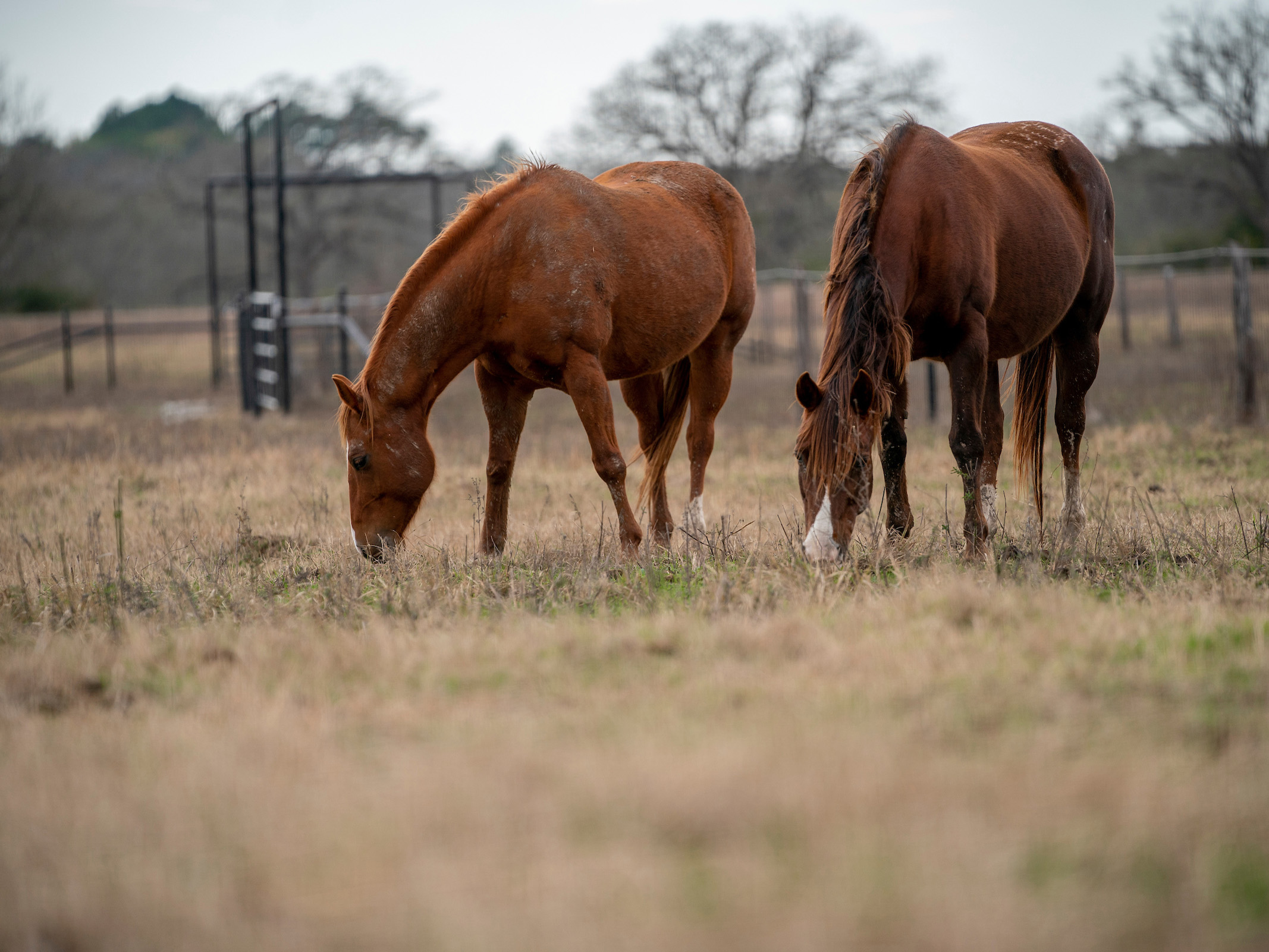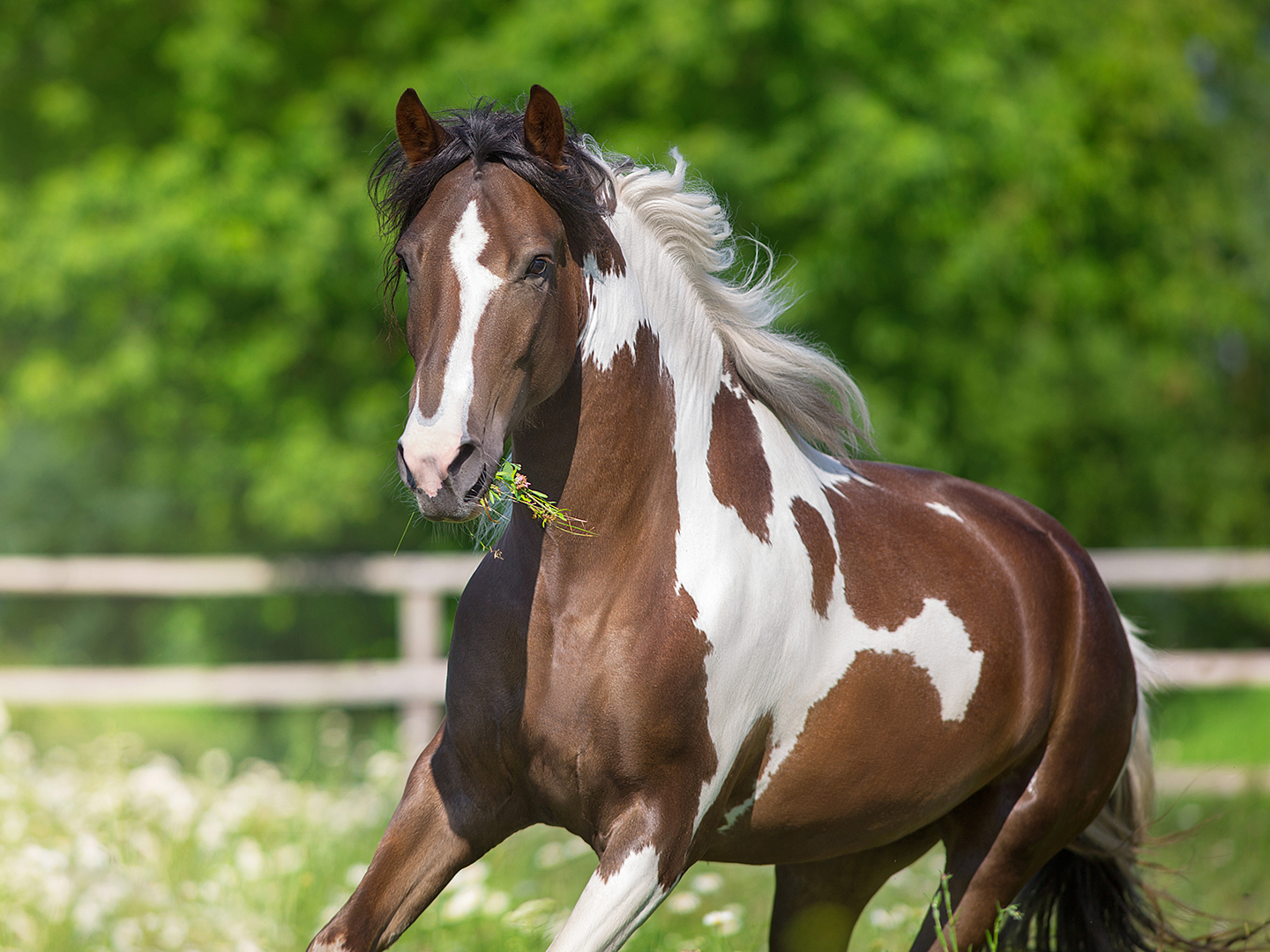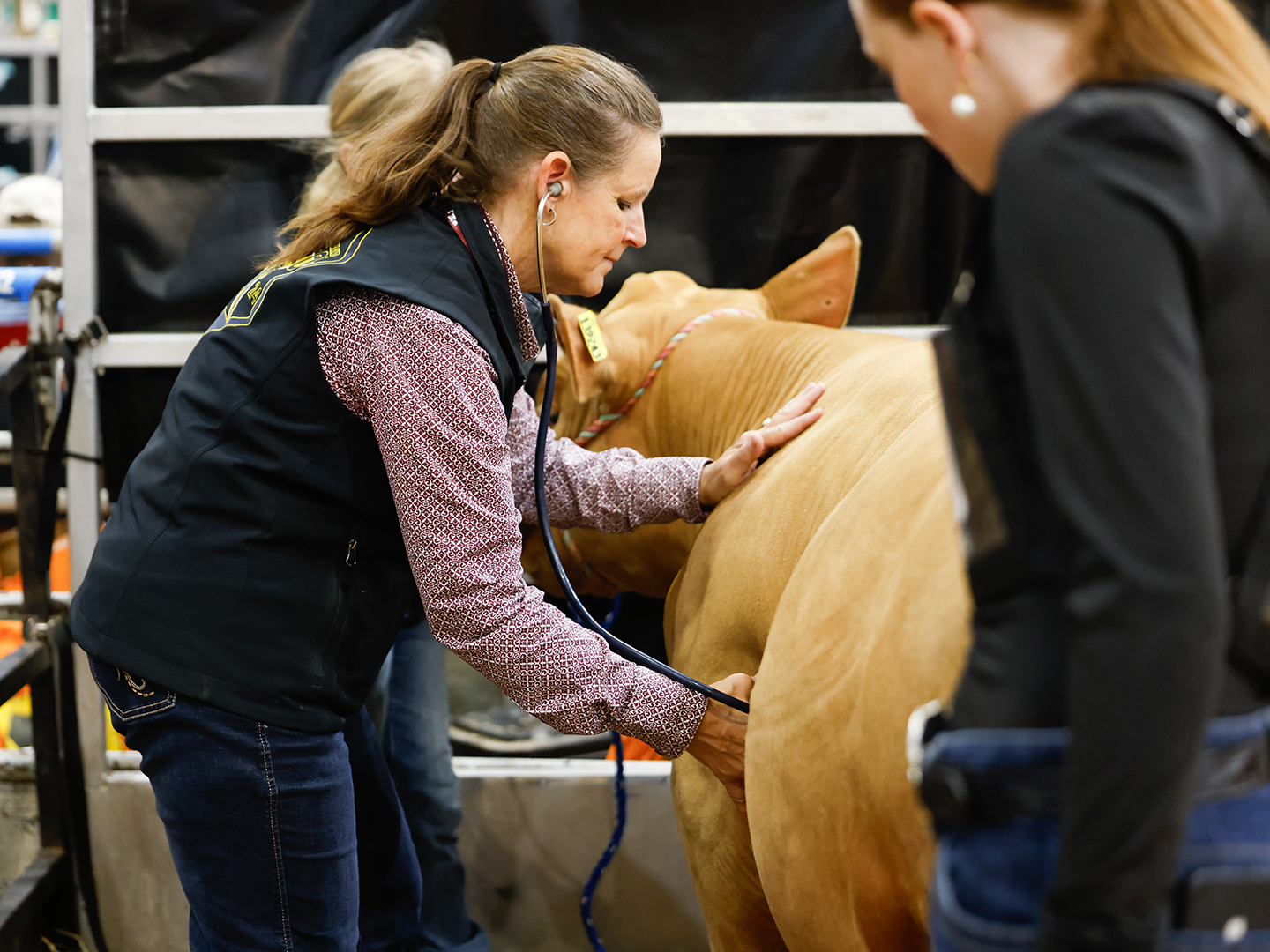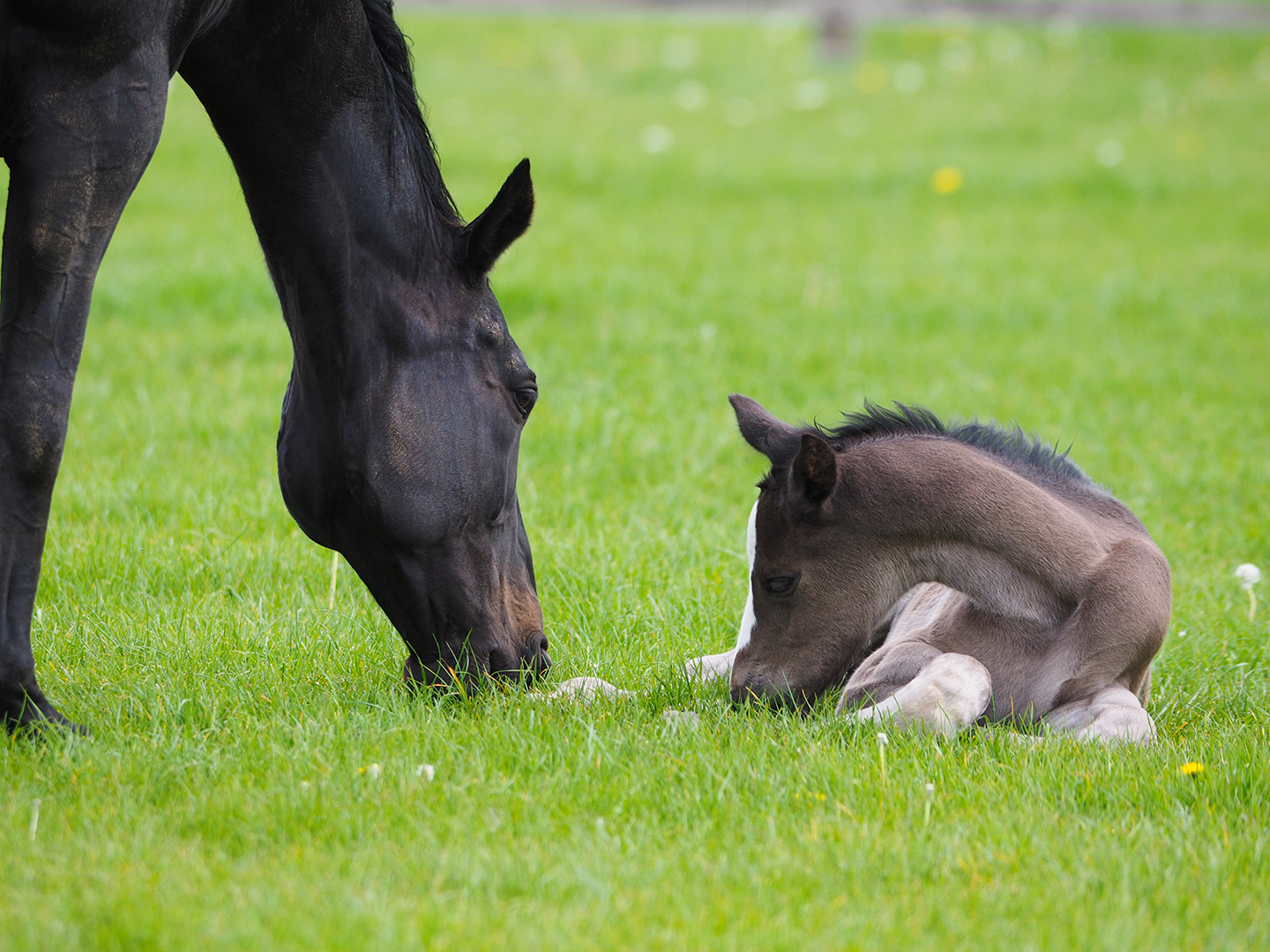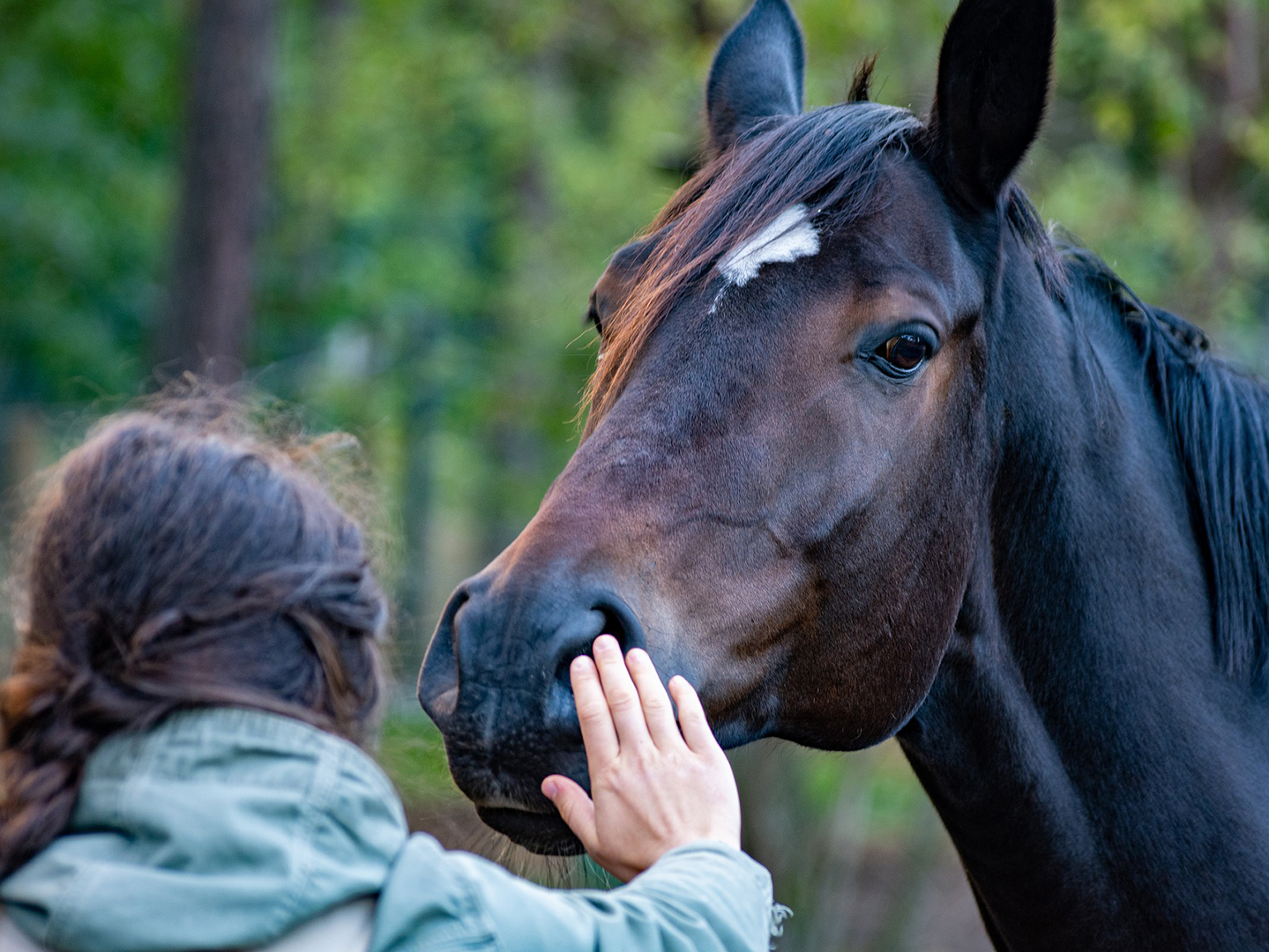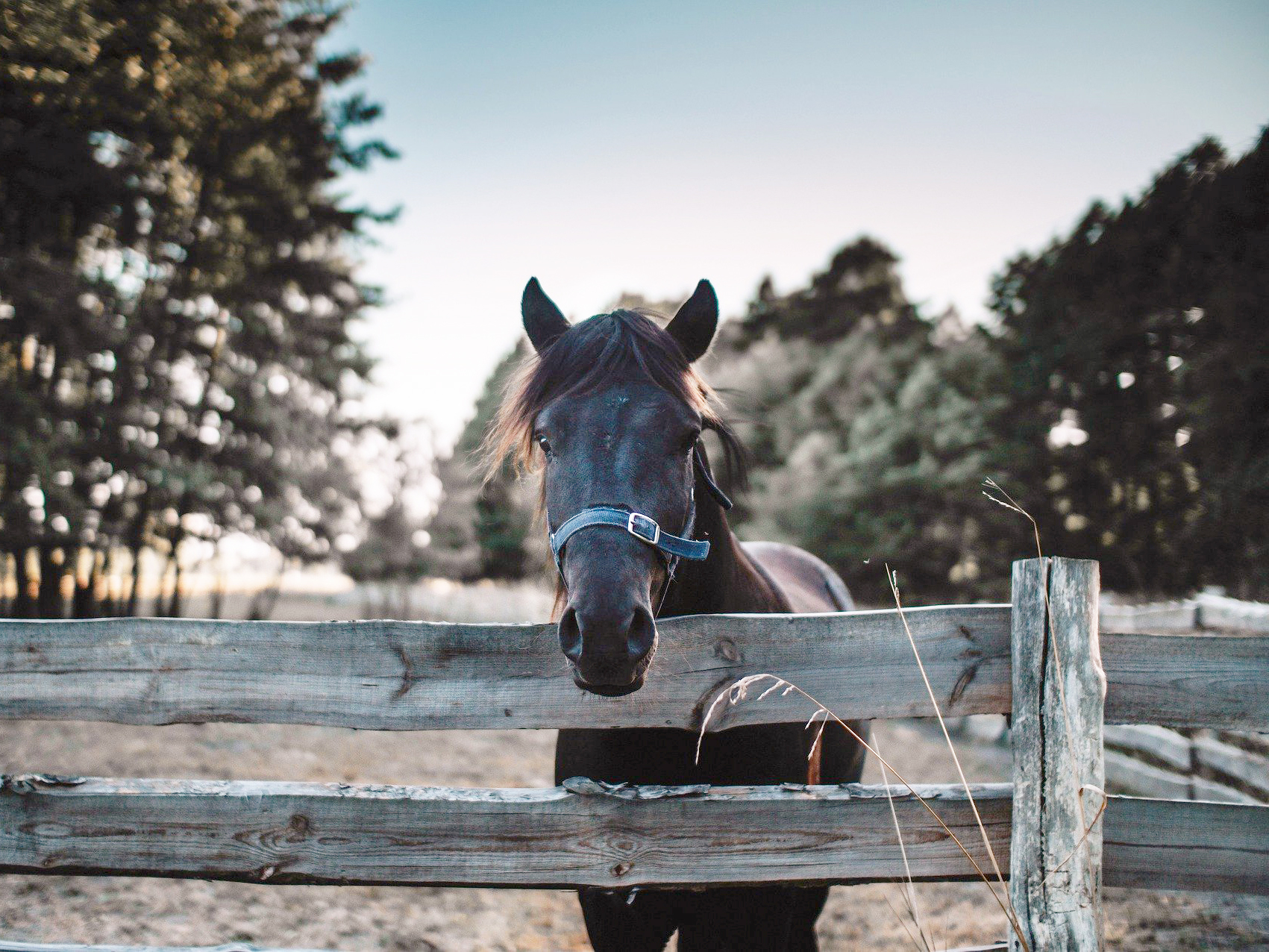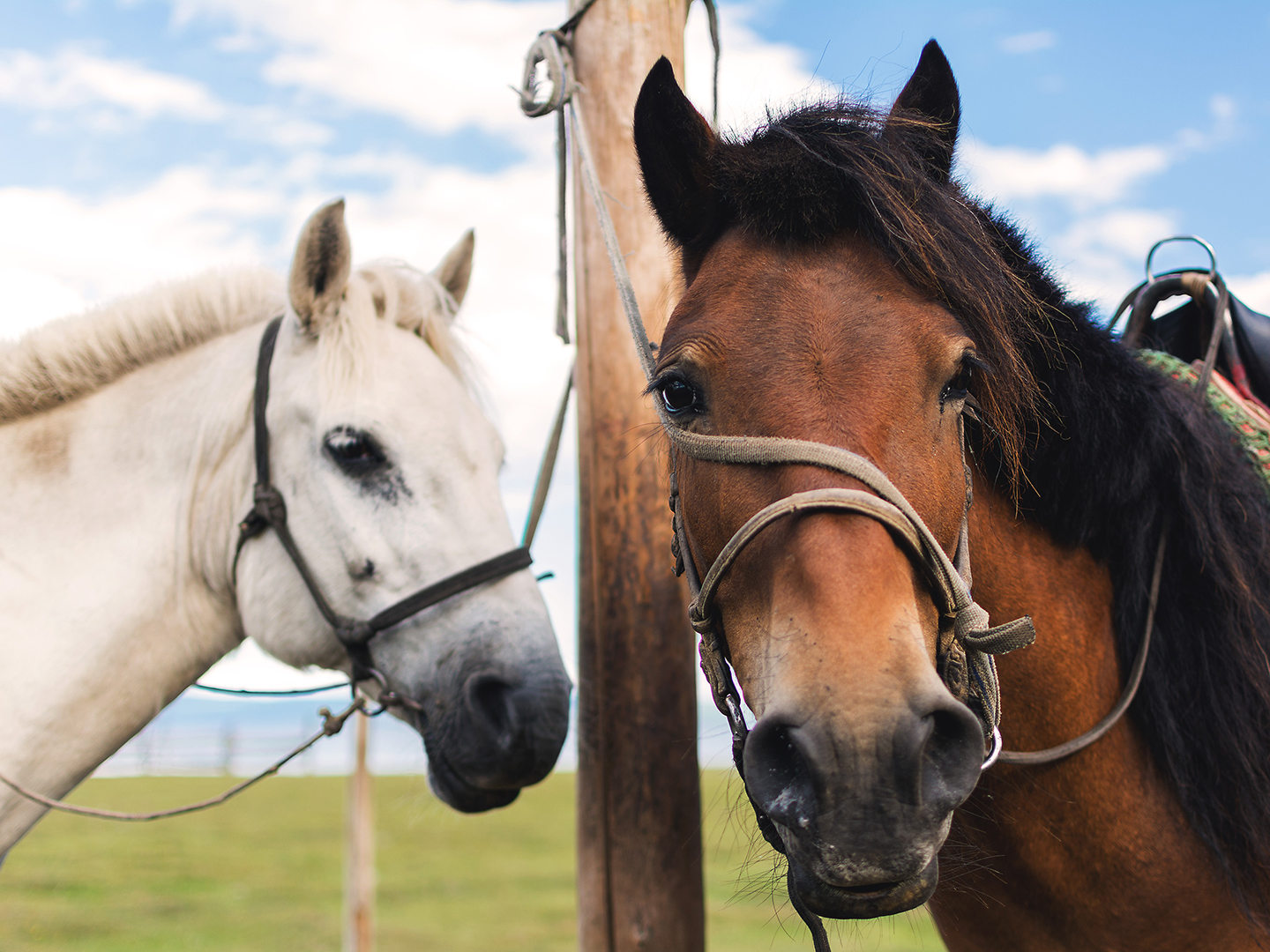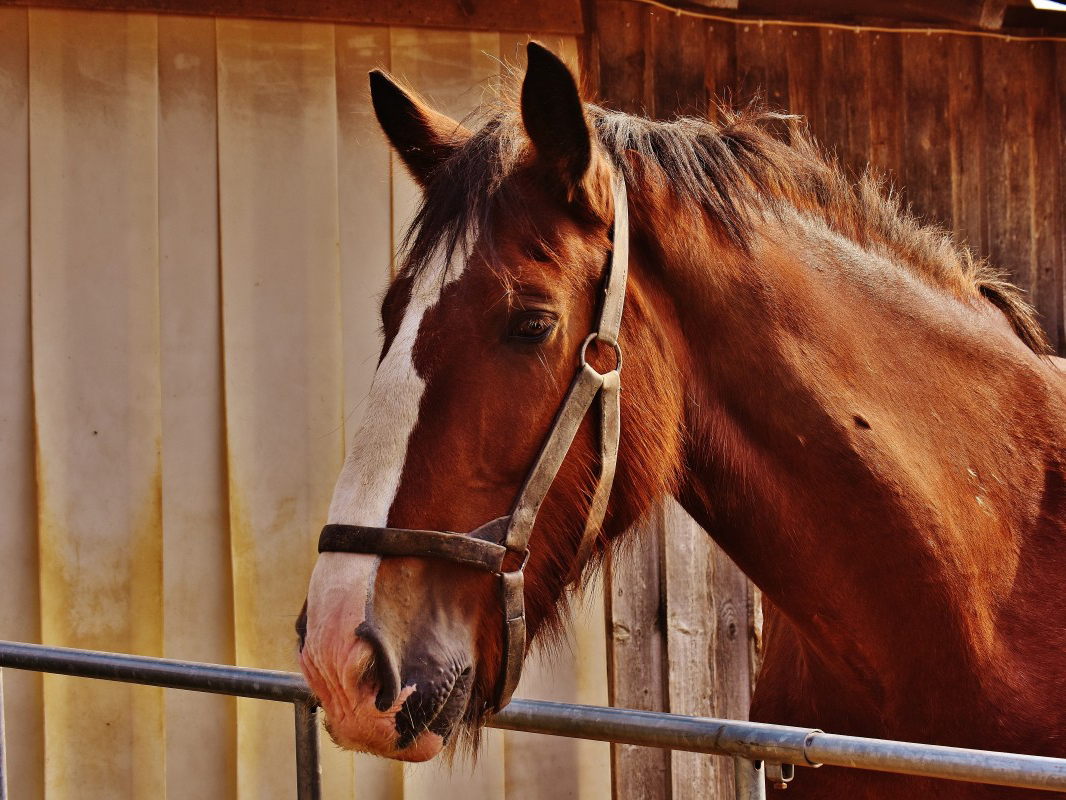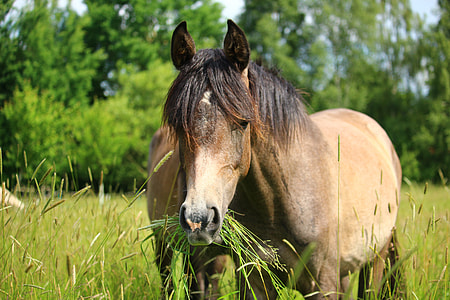Texas A&M Veterinary Students Learn Selfless Service By Turning Shipping Containers Into Clinics
Dr. Leslie Easterwood teaches her Aggie veterinary students the importance of ‘Impacting Their Communities’ through ‘little acts of service at home.’ The veterinary profession is a vocation of service. While many who become veterinarians naturally have a desire to serve, the Texas A&M College of Veterinary Medicine & Biomedical Sciences (VMBS) is committed to helping […]
Texas A&M VMBS, AgriLife Conduct Program Prioritizing Mounted Patrol Horses’ Health, Safety
Texas A&M veterinarians and Texas A&M AgriLife educational development specialists are collaborating to deliver a new training program to educate mounted patrol units throughout the nation on all the skills needed to care for their equine partners. The course on AgriLife Learn will include an overview of equine husbandry, anatomy and physiology, strategies for preventing […]
Handling With Care: PTSD In Horses
Equine companionship is built upon a foundation of trust and care. Yet, maintaining a horse’s trust can be challenging, especially when a past event has left the animal with behaviors mirroring what’s diagnosed as post-traumatic stress disorder (PTSD) in humans. Dr. Leslie Easterwood, a clinical associate professor at the Texas A&M School of Veterinary Medicine […]
Aggie Serves As Houston Livestock Show And Rodeo Veterinarian For 21st Year
On most days, you’ll find Dr. Leslie Easterwood ’90, an associate clinical professor of equine community practice at the Texas A&M School of Veterinary Medicine & Biomedical Sciences (VMBS), in Texas A&M’s Large Animal Teaching Hospital, where her typical week includes caring for patients, teaching future Aggie veterinarians, and educating students on how to incorporate […]
What To Expect When Your Horse Is Expecting
Witnessing the birth of an animal can be a beautiful experience, but it can also be stressful or even scary if things do not go as planned. While most animals can give birth with little to no human interference, it’s still important to be prepared and watch for signs that help is needed. Dr. Leslie […]
The Steps For Conquering Colic In Horses
No one enjoys the queasy feeling of a stomach-ache, which can turn eating into a chore, while leaving most of us slightly, if not extremely, irritable. A horse dealing with colic is no stranger to these feelings or symptoms. Because learning how to spot when a horse is experiencing colic and when to call the […]
Taking A Raincheck On Equine Rain Rot
While rain and drizzle can be good for crops and counting sheep at night, wet weather is also suitable for two less desirable things—fungi and bacteria. The spread of either type of organism can leave horses susceptible to developing rotten skin conditions, the most rotten and prevalent being rain rot. As in the calm before […]
Straight From The Horse’s Mouth: Equine Dental Care
February is National Pet Dental Health month, a time when pet owners are reminded that routine oral care is an important aspect of their animal’s well-being. Just like their small animal counterparts, large animals such as horses also require veterinary attention to keep their mouths in top shape. Dr. Leslie Easterwood, a clinical assistant professor […]
Cancer And Large Animals
Cancer is a unique ailment in that it can be found in nearly every species, no matter how small or how large. Luckily, our fight against cancer is as widespread as the disease itself and veterinarians are able to provide treatment to many animals, from cats and dogs to cows and horses. Dr. Leslie Easterwood, […]
What To Know About Vesicular Stomatitis
Vesicular stomatitis, or VSV, is a virus endemic to the warmer regions of North, Central, and South America. Texans with livestock and horses are likely familiar with the disease, as outbreaks of VSV typically occur in the state every few years. The current national outbreak of VSV began on April 13, when the National Veterinary […]


